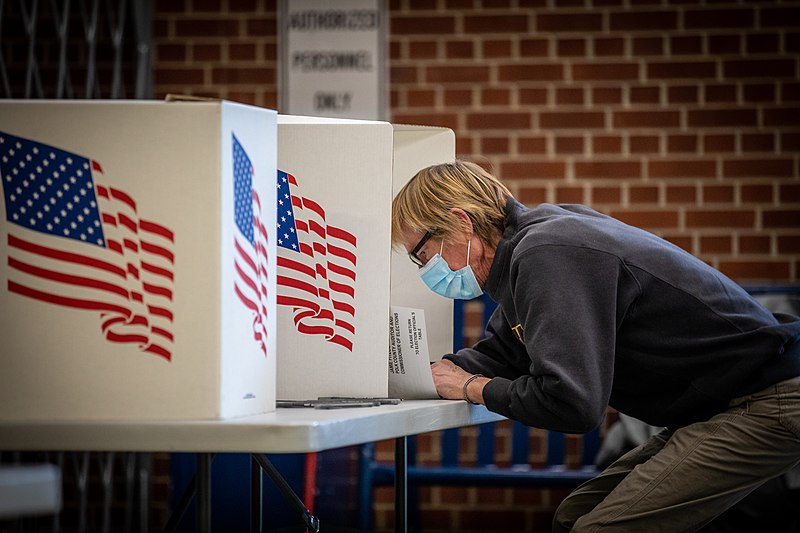
On the eve of a historic U.S. presidential election, the campaigns of Donald Trump and Kamala Harris are in a frantic final push to mobilize voters. Both sides frame the high-stakes race as a
pivotal moment for the nation's future.
Despite a whirlwind of recent events, including a felony conviction for Trump and a shake-up in the Democratic ticket that elevated Harris, polls remain deadlocked. The election landscape is defined by tight competition in key battleground states, and with an electorate sharply divided, the outcome might not be clear on Tuesday night. Instead, a winner could take days to emerge.
Trump, a 78-year-old Republican, has defied the odds, surviving two assassination attempts, one narrowly. His campaign has persisted despite legal challenges, including becoming the first former U.S. president to be convicted of a felony. Meanwhile, Harris, 60, was thrust into the Democratic spotlight in July. President Joe Biden’s faltering debate performance and subsequent withdrawal from reelection, pressured by his party, cleared the way for Harris to make a historic run as the first woman potentially poised to hold the presidency.
Even amid these dramatic developments, the race’s dynamics have shifted little. With Harris and Trump neck and neck, both campaigns are laser-focused on turnout efforts. Already, over 77 million voters have cast their ballots, but the next two days remain crucial to sway any remaining undecided voters and get supporters to polling stations.
The past two presidential cycles shattered records for voter turnout, largely driven by the fervent feelings Trump evokes across the political spectrum. As the campaign concludes, both camps are blanketing media channels with ads and deploying armies of volunteers for door-knocking and phone banks.
Harris’ campaign exudes confidence, boasting about an extensive voter mobilization apparatus. Volunteers have knocked on hundreds of thousands of doors in battleground states. "We are feeling very good about where we are right now," campaign chair Jen O’Malley Dillon said, noting strong momentum among women and early voting surges from young people and voters of color.
Trump’s team has adopted a different strategy. Much of its ground game relies on super PACs and allied political groups with significant financial resources. The focus is on turning out “low propensity” Trump supporters, who historically may not vote. By targeting specific voter segments, the Trump campaign claims to be strategically efficient.
Meanwhile, Trump has kept up false claims of election fraud, the same assertions he made after his 2020 defeat. He has hinted at possible retribution and described Democrats as enemies. At a rally on Sunday, he complained about gaps in his bulletproof glass shield and joked about the possibility of an assassin needing to shoot through the media.
Harris, in contrast, has highlighted Trump as a threat to democracy but maintained an optimistic tone. Speaking at a Detroit church, she emphasized a hopeful message about Americans' potential to drive change. "As long as we can hold on to [democracy], we have the power, each of us, to answer that question," she said.
Voter concerns, as reflected in a recent Reuters/Ipsos poll, place threats to democracy high on the list of national worries, second only to the economy. Trump is betting that economic frustrations, including inflation and high living costs, will work in his favor. At a Pennsylvania rally, he promised economic relief: “We’re going to cut your taxes, end inflation, slash your prices, raise your wages, and bring thousands of factories back to America.”
Both candidates are making strategic stops in battleground states. Trump’s final campaign blitz will take him to North Carolina, Pennsylvania, and Michigan before he returns to Palm Beach, Florida, to vote. Harris will focus her efforts on Pennsylvania, where she will visit Allentown, Pittsburgh, and Philadelphia. Pennsylvania, with its 19 Electoral College votes, is critical in the race to the 270 needed to secure the presidency.
Analysts estimate that to win the White House, Harris must secure around 45 electoral votes from swing states, while Trump needs approximately 51, based on expected wins in other regions. Photo by Phil Roeder from Des Moines, IA, USA, Wikimedia commons.






































